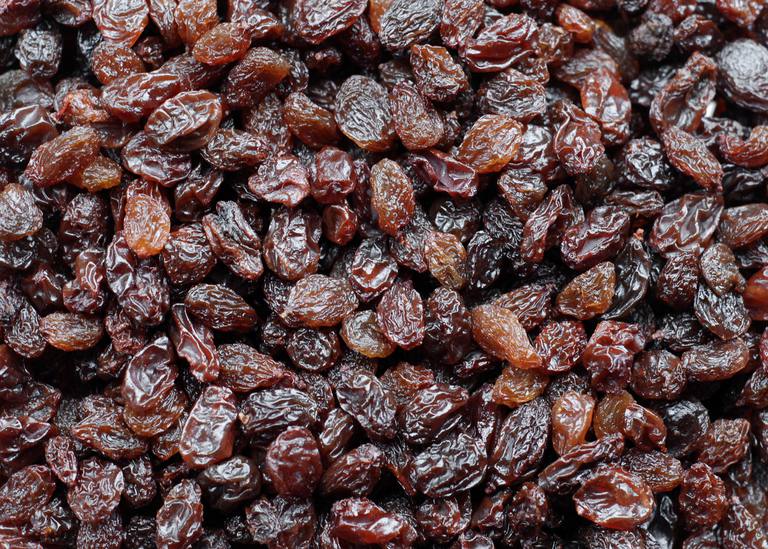Imagine a raisin. Dry, wrinkled, brown, devoid of life and vigor. What was once a plump, robust grape is now a shriveled, mass-produced food product; a representation of the industrialized agricultural system of the modern world. As I held this microcosm of the industrialized food system on my tongue and closed my eyes, I began to think about how this raisin came to be. By shutting off the outside world, I was finally able to comprehend and fully analyze the extent of the food production chain of the tiny dried berry in my mouth. I believe that in this day and age, especially as young adults coming into the world, we should pay more attention to where our food comes from. We are often distracted by media and stimuli that promote short attention spans. By employing contemplative practices such as holding the raisin in my mouth, we can force ourselves to slow down and truly think about how and what we eat, which by extension, dictates how we live our lives.

Raisins, Anthony Rosenberg / Getty Images
As a Whole Foods employee, I have found that contemplative thinking practices have shaped the way I view certain foods. I have developed a new found appreciation for organically and locally grown produce that has been brought to market without the immense environmental impact that comes with conventional industrialized agriculture. I have also placed a higher importance on locally harvested fish and meat, since industrialized meat production contributes to a massive portion of all greenhouse gas emissions that come from the industrialized food system. Thus, from employing contemplative thinking practices, we can make better informed decisions regarding the food we consume with the goal of becoming more environmentally friendly consumers.

I enjoyed your own personal contemplation in your post, moving from class to personal life. I have one question for thought – do you think being an environmentally friendly consumer as an individual is important for saving our planet?
Hello Lucas,
Do you think your experience as a whole foods employee has also opened your eyes to the amount of marketing and bold health claims that organic and ‘natural’ food advertisements make? I tend to go back to the article we read about inverse quarantine and how people often think that they can simple buy better products to fix their health problems or the global food system ans was wonder what your thoughts were on that?
Response 1
Hello Lucas!! I really enjoyed reading your post. I also agree that the contemplative practices force us to slow down for a second and really think about where our food comes from. And how do you think your vision would be of locally harvested meat and fish would be if you weren’t a Whole Foods employee? Would it even cross your mind? It is awesome to hear about your experience from working there.